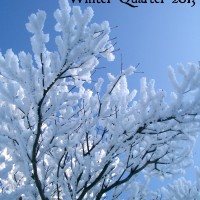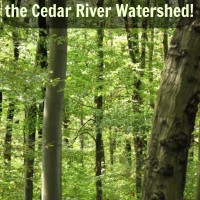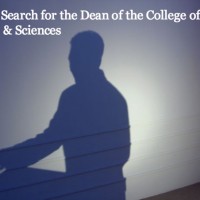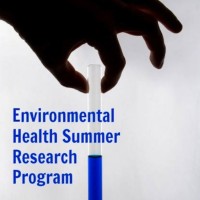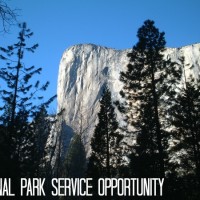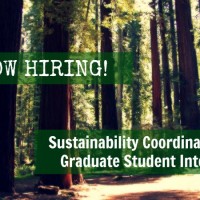Greetings!
January 11, 2013 is the last day to submit Master Naturalist Training Program Applications! Please pass this information along to anyone you know who may be interested in applying. More information regarding this program is listed below. Please let me know if you have any questions and I look forward to receiving your application.
The City of Bellevue is hosting the fourth annual Master Naturalist Training Program – a free 13 week program that educates volunteers on the importance of ecological restoration and preservation. Through a series of in-class lectures, field trips, workshops and restoration projects, volunteers will learn about the area’s wildlife ecology, wetland management, forest restoration, plant identification, cultural history and much more. In exchange for this free environmental training, naturalists are expected to reciprocate at least 5 volunteer hours per month up to 100 hours of service in the care of Bellevue’s natural resources. Applications are due Friday, January 11, 2013. Preference will be giving to Bellevue residents. Please visit http://www.bellevuewa.gov/9182.htm for more information or phone 425-452-4195 or emailparks_stewardship@bellevuewa.gov.
How to Apply
Application packets are available online at http://www.bellevuewa.gov/9182.htm. All packets must be postmarked by January 11, 2012. Bellevue residents have priority. Application packets can be emailed to Alex DySard atADySard@bellevuewa.gov or mailed to:
Attention: Alex DySard
Master Naturalist Training Program
Parks & Community Services
Natural Resource Division
16023 N.E. 8th Street
Bellevue, WA 98008
For additional questions please call Alexandra DySard at 425.452.4195.
